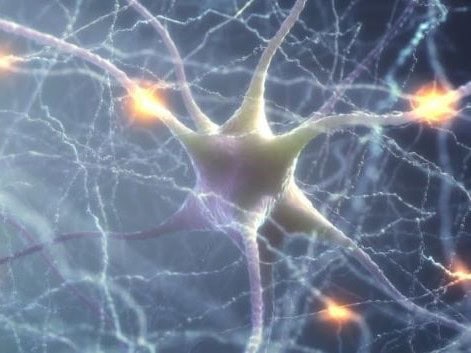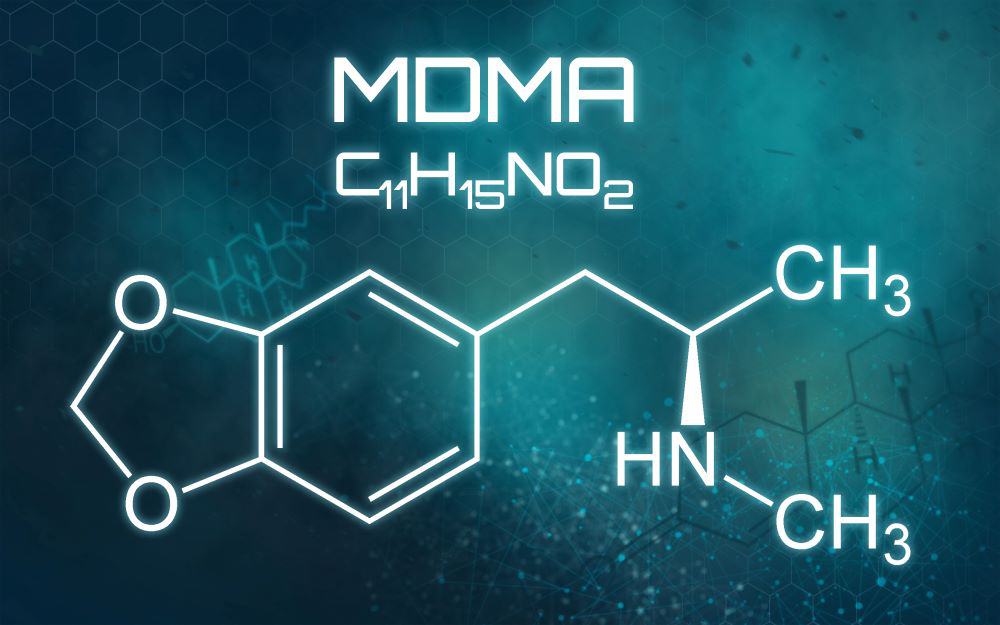Do Women Need Specialized Alcohol or Addiction Treatment?
Posted on July 24, 2013
A. Tom Horvath, Ph.D., ABPP There are several significant differences between men and women concerning alcohol problems. For instance, the same amount of alcohol (adjusted for weight) will have a bigger effect on a woman (because her stomach does not detoxify alcohol as effectively as a man’s stomach does), women may experience more medical complications (and these complications may be difficult to diagnose and therefore ignored longer), alcohol problems appear to develop (progress) faster in women, the effects of alcohol problems may be greater and more complex for women who have substantial responsibilities both at work and with their families, and the changing roles of women in society may create complications for women receiving adequate support for recovery (e.g., women seek tr...
full story








